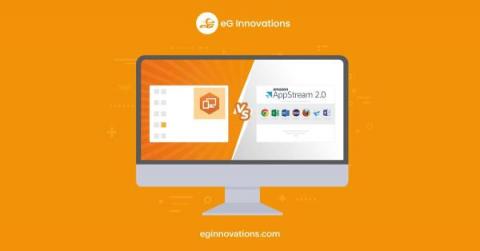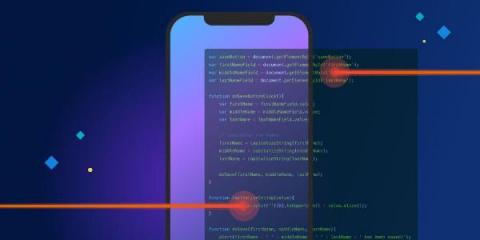Top 10 Requirements of Cloud Monitoring Tools
Most organizations are moving applications and workloads to the cloud. Our APM survey found that 88% of organizations had some form of cloud technology deployed already. At the same time, there are several misconceptions about the cloud. There are many who believe they don’t need monitoring tools for the cloud because their cloud provider will take care of all of their performance needs. This is a myth because cloud provider SLAs are mainly around infrastructure availability.











